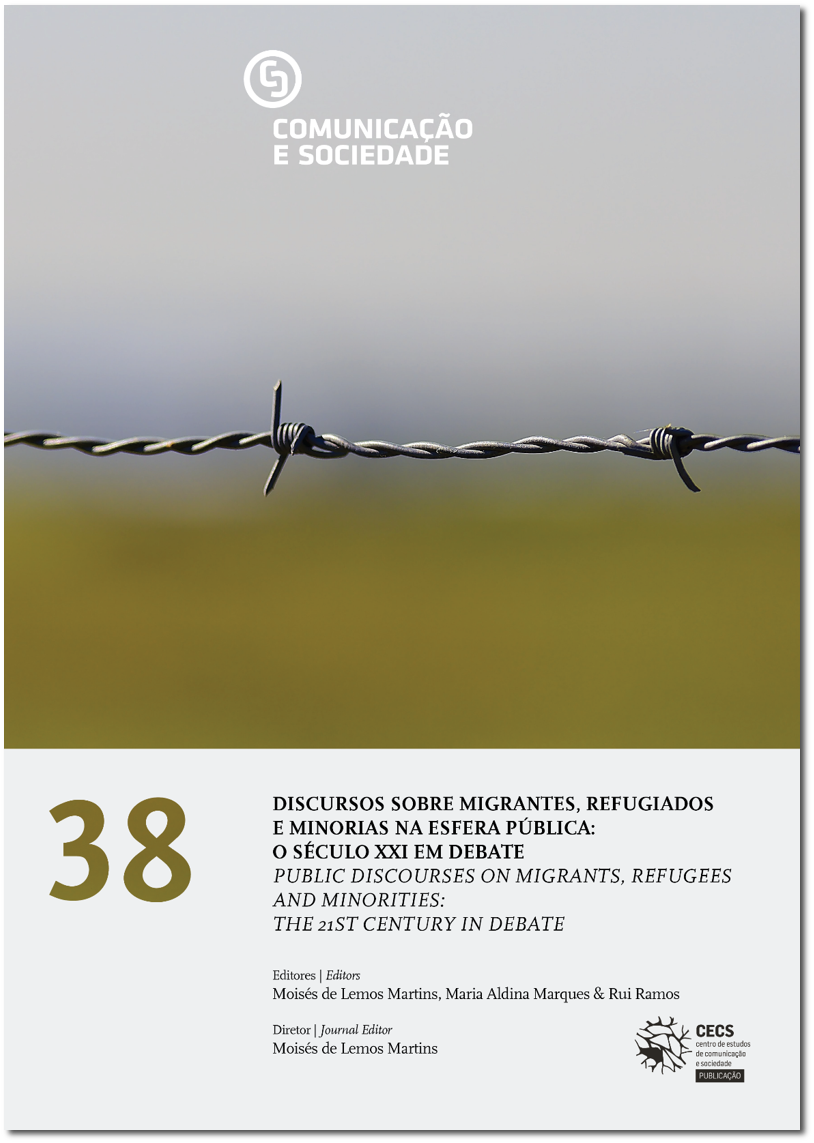Globalisation has spread and become even more dissimulated and effective. Change involves reversing the invisibility of the underprivileged
DOI:
https://doi.org/10.17231/comsoc.38(2020).2525Abstract
In the end of 2019, in order to celebrate 20 years of the publication of the book Empire, its authors, Michael Hardt (scholar) and Antonio Negri (philosopher and political activist, who was arrested for allegedly being a member of the Red Brigades), wrote an essay for New Left Review, in which they analysed different eras and the process of globalisation. One might say that the book’s key idea kept absolutely current because globalisation is increasingly more on the agenda. Its development is more dissimulated, hence more effective. The dominant forces and the control exerted by the global order have not subsided in any way, regardless of the often histrionic positioning of national sovereignty ideologists...
Downloads
References
Bayly, C. (2004). The birth of the modern world, 1780-1914: global connections and comparisons. Oxford: Blackwell.
Borges, L. (2020, 10 de fevereiro). Um grupo torna-se sempre mais unido se tiver algo para odiar. Entrevista a Fathali Moghaddam, professor de Psicologia na Universidade de Georgetown. Público, pp. 10-11.
Foucault, M. (1977). A vontade de saber. Rio de Janeiro: Graal.
Han, B.-C. (2016). O aroma do tempo. Lisboa: Relógio d’Água.
Han, B.-C. (2018). A expulsão do outro. Lisboa: Relógio d’Água.
Hardt, M. & Negri, A. (2019). Empire, twenty years on. New Left Review, 120, 67-92.
Hartog, F. (2003). Regimes d’Historicité: presentisme et experiences du temps. Paris: Seuil.
Downloads
Published
How to Cite
Issue
Section
License
Copyright (c) 2020 Comunicação e Sociedade

This work is licensed under a Creative Commons Attribution-NonCommercial 4.0 International License.
Authors own the copyright, providing the journal with the right of first publication. The work is licensed under a Creative Commons Attribution 4.0 International License.











